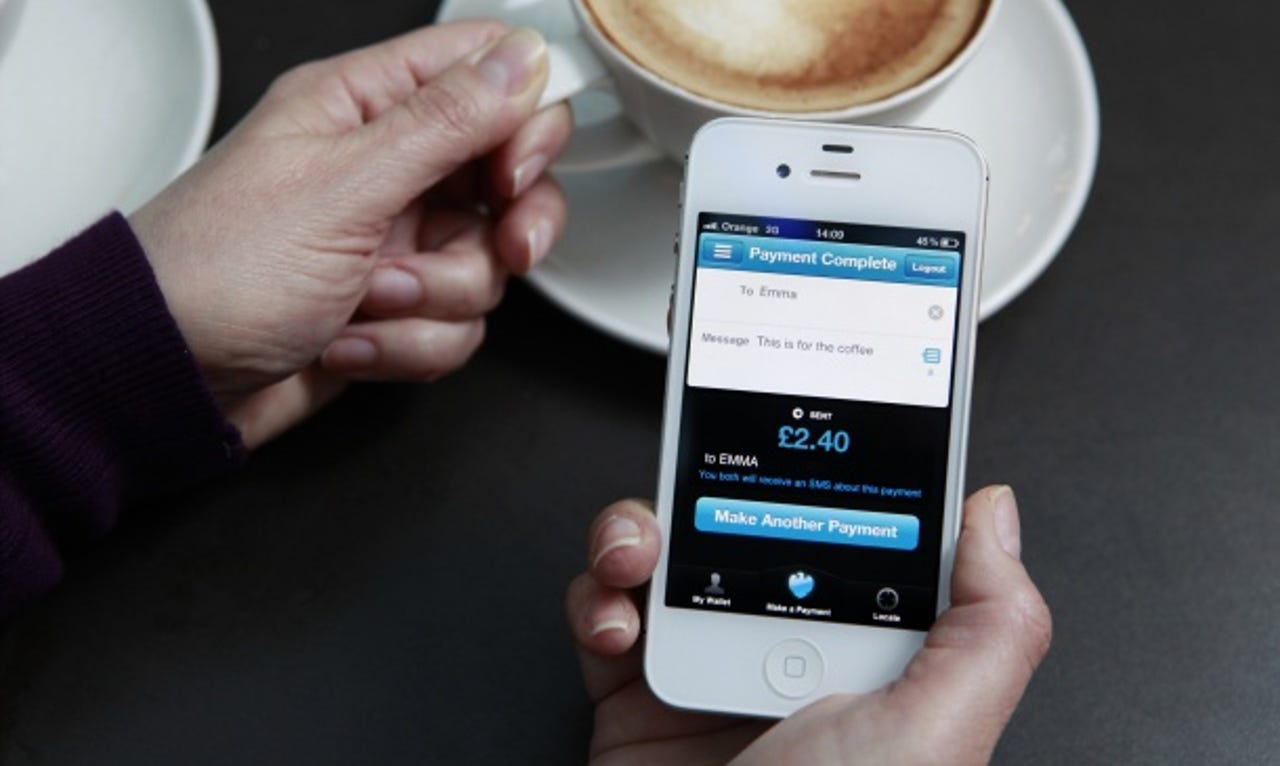Barclays buys 8,500 iPads; sends 'enterprise ready' Bat-Signal


Barclays will buy around 8,500 Apple iPad tablets for front-end branch staff, in what is thought to be the largest corporate tablet deployment to date outside of the education sector.
Hat tip to The Register for first covering the news, the international bank will buy the shiny rectangles "to assist our branch colleagues to interact with customers, improving the customer experience," a spokesperson said. "We investigated a number of different tablet options and in this instance, we concluded that iPads were the best solution for their specific needs."
There's naturally an element of excitement: "We can pop into the bank and see iPads on show," thinks the customer. That's great. But Barclays is sending a strong signal to the wider industry, particularly one famed for its corporate paranoia, secrecy, its vast power and its extreme security: Apple's products are ready for the enterprise.
Apple: 'Let them come to us, not us to them'
The choice of using the iPad is no mystery. It comes as a number of U.S. government agencies -- such as the NTSB, the Pentagon, and U.S. Customs -- are ditching the BlackBerry, once the only device that offered military-grade encryption and secure messaging, because they have proven to be "unreliable" and suffering from "performance issues." And, while Apple devices are only a stones-throw away from U.S. government certification, their tight security features and increased back-end manageability are turning heads.
Read more
A quick run-down of the figures shows 8,500 at around £479 ($770) for the 9.7-inch iPad (32GB, Wi-Fi) only model each could cost the company as much as £4.07 million ($6.52m) just for the tablets alone. That's excluding the other costs that go with such a rollout -- more on that in a moment -- but it's still a drop in the ocean for a major bank like Barclays.
(Worthy side note: Enterprises tend to think for the long-term, such as 5-10 years. A 16GB unit may be the cheapest but the enterprise tends to jump in for the long haul. Seeing as there's no version of the iPad 2 with 32GB storage, the iPad 4 will be the likely candidate. It's assumed they would naturally tilt away from the smallest and cheapest units, despite their shorter life span compared to a desktop or notebook machine.)
The first report suggests the tablets will be employed to run a specially designed app, created by a coalition of the U.K.'s major banks, called Mortgage Brain. That alone is a good enough reason for the bank to pick the tablet over say a cheaper, Android-powered tablet, but also because the bank is dealing with customer and corporate financial data, if data is being stored on the device, it must be uber-secure.
Android tablets may be cheaper but aren't as easily hardened, unlike the iPad, with IT set policies and back-end management services. Australia's government turned away the Android platform in 2011 for this exact reason. Locked-down iPads, for instance, in spite of their being no external ports besides the charging Dock connector, there's no way to export data from the device.
A valid vote of confidence?
There's a hint, reading between the lines. Almost no company -- despite Barclay's vast wealth -- would order 8,500 iPads for one application, no matter how good it is. It's likely that the tablet rollout is part of a wider strategy set to be employed in the coming IT spending cycles.
However, this sets a trend for other companies, particularly banks. The huge iPad deployment shows a significant level of trust in the Apple platform -- love it or hate it -- that it's secure enough for banking. Finance, after all, is only one-notch below national security in the grand scheme of data protection priorities.
This isn't just an iPad rollout. It's an industry-wide Bat-Signal that Apple's ready for business. Literally.
The rough cost detailed above is just scratching the surface, however. No matter "how easy" the iPad is for the average user -- I bought my parents an iPad last Christmas, they still call me up asking, "where the 'back button' is" -- training costs need to be added to the total. Infrastructure, IT support, and back-end management also need to be taken into account.
This isn't just an iPad rollout. It's a full-blown infrastructure blast to the corporate face. It's clear that Barclays is pushing for the iPad over any other tablet. Governments are increasingly looking to iPhones for secure mobile communications over the ailing BlackBerry platform.
Above all else, Barclays is signalling a serious sign of confidence in the platform. It's not just for your regular Joe's and Jane's, sitting on the sofa, playing Angry Birds with the kids.
The Apple platform is ready for the enterprise.